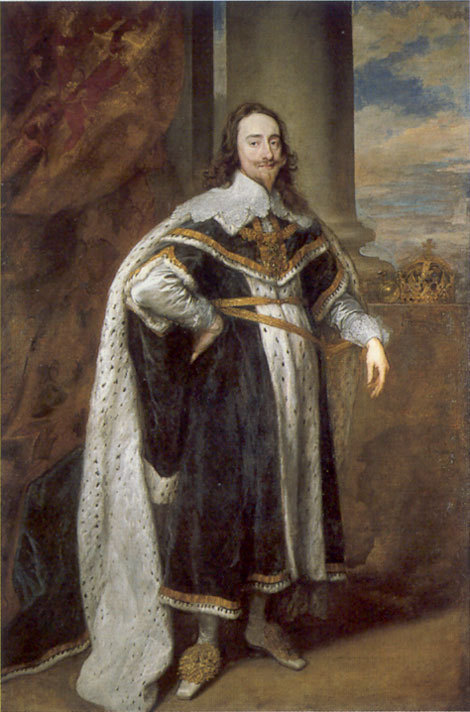
Trade and commerce grew the King's finances were stable by 1635.

It was initially successful and during the turmoil of the civil wars, many people looked back upon it as a golden age of peace and prosperity.Ĭharles had made peace with Spain and France by 1630. The eleven-year period of the King's Personal Rule was also described as the "Eleven Year Tyranny". Furthermore, he imprisoned several of his leading opponents, and declared his intention of ruling alone. Resentful of parliamentary interference in matters which he believed were his concern alone, Charles angrily dismissed his third Parliament in 1629. Charles grudgingly accepted the Petition in the hope that Parliament would grant him subsidies, but in practice he ignored its provisions.Īfter the assassination of Buckingham in 1628, critics in Parliament turned their attention to Charles' religious policy.

In 1628, Charles' opponents formulated the Petition of Right as a defence against the King's arbitrary use of his powers. Charles dissolved his first two parliaments when they tried to impeach Buckingham but he was forced to call a third because he needed funds to pursue his warlike policies.
#King charles of england series
He allowed England's foreign policy to be directed by the unpopular Duke of Buckingham, who masterminded a series of disastrous military expeditions against Spain and France intended indirectly to assist the Palatinate. With a profound belief that kings are appointed by God to rule by divine right, Charles succeeded as the second king of the Stuart dynasty in 1625.Ĭharles came to the throne amid pressure from English Protestants for intervention against Spain and the Catholic powers in the religious wars raging in Europe (the Thirty Years War, 1618-48). He developed sophisticated tastes in the arts and earnestly applied himself to his religious devotions.Ĭreated Prince of Wales in 1616, Charles was instructed by King James in every aspect of ruling a kingdom. Charles became a good horseman, excelling at tournament sports and hunting. He followed a self-imposed regimen of hard physical exercises that led to rapid improvements in his health and physique. However, by strength of will, Charles worked to overcome his physical weaknesses. A proposal was made that in the event of Charles' death, the succession would pass to James' daughter Princess Elizabeth and her husband the Elector Palatine Frederick V, which would mean the Wittelsbach dynasty acceding to the throne of the Three Kingdoms. King James and Queen Anne were too old to have more children and the sickly Charles was not expected to survive to adulthood. The death of Prince Henry prompted a succession crisis. With Henry's death, Charles became heir to the throne of the Three Kingdoms: England, Scotland and Ireland. Despite his physical disabilities, Charles was a serious-minded student who excelled at languages, rhetoric and theology.Ĭharles was overshadowed by his brilliant elder brother Prince Henry, to whom he was devoted, but Henry died of typhoid when Charles was eleven years old.

His education was overseen by Thomas Murray, a Scottish Presbyterian who later became Provost of Eton. Charles was also slow in learning to speak and never completely overcame a slight stammer. Attempts were made to strengthen his physique by making him wear heavy boots reinforced with iron. He was placed in the care of Lord and Lady Fyvie until the age of four, then moved to England where he was brought up in the household of Sir Robert and Lady Carey.Īs a child, Charles suffered from weak ankle joints that slowed his physical development. His father succeeded Queen Elizabeth I and came to the throne of England as King James I in 1603.Ĭharles was created Duke of Albany at his baptism (December 1600) and Duke of York in 1605. The second son of James VI of Scotland and Anne of Denmark, Charles Stuart was born at Fife in Scotland on 19 November 1600. King of England, Scotland and Ireland whose refusal to compromise over complex religious and political situations led to civil war, his own execution and the abolition of the Monarchy.


 0 kommentar(er)
0 kommentar(er)
